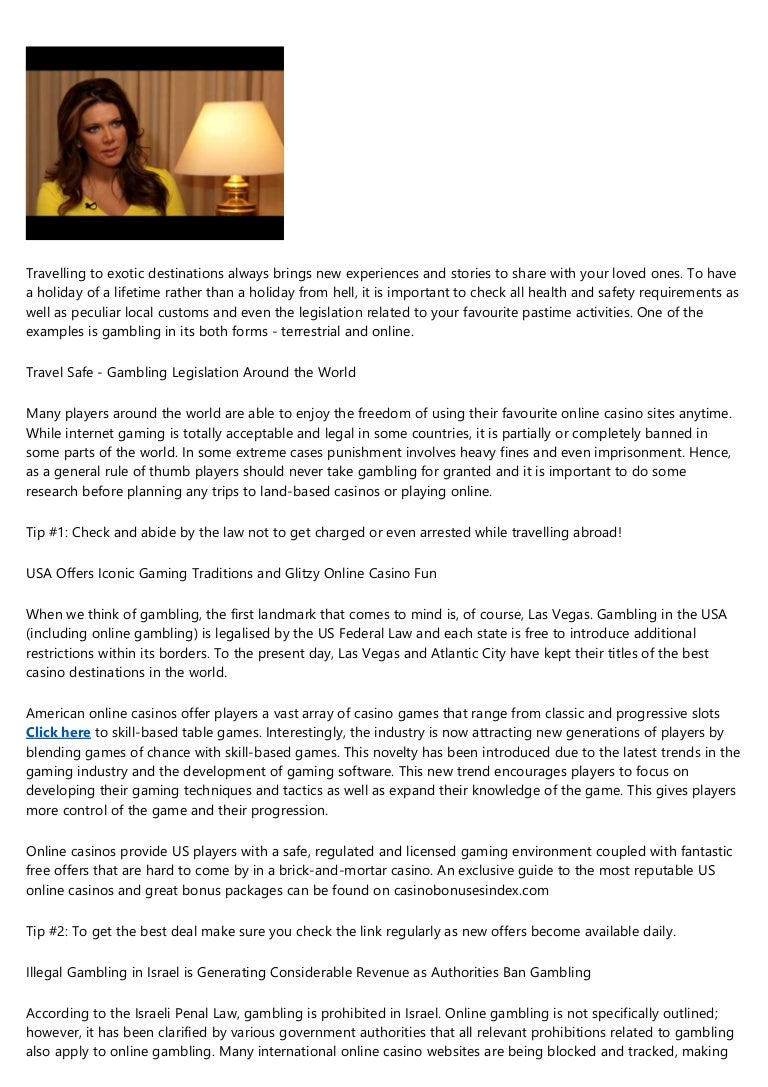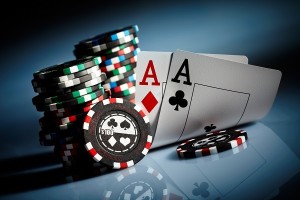Illegal Gambling Penal Code


The Bureau of Gambling Control has declared that machines including but not limited to claw machines are ‘common types of illegal devices’ under California Penal Code sections 330a, 330b, and 330.1,” the complaint states. A claw machine player uses a joystick to drop a claw one time onto a stuffed animal or another prize. WHEREAS, Philippine Gambling Laws such as Articles 195-199 of the Revised Penal Code (Forms of Gambling and Betting), R.A. 3063 (Horse racing Bookies), P.D. 449 (Cockfighting), P.D. 483 (Game Fixing), P.D. 510 (Slot Machines) in relation to Opinion Nos. 33 and 97 of the Ministry of Justice, P.D. 1306 (Jai-Alai Bookies) and other City and Municipal Ordinances or gambling all over the country prescribe penalties which are inadequate to discourage or stamp out this pernicious activities.
§712-1230 Forfeiture of property used in illegal gambling. Any gambling device, paraphernalia used on fighting animals, or birds, implements, furniture, personal property, vehicles, vessels, aircraft, or gambling record possessed or used in violation of this part, or any money or personal property used as a bet or stake in gambling activity in violation of this part, may be ordered forfeited to the State, subject to the requirements of chapter 712A. [L 1972, c 9, pt of §1; am L 1973, c 201, pt of §1; am L 1979, c 83, §1; am L 1989, c 261, §22; am L 1992, c 57, §3]
Cross References

Surrender or forfeiture of animals, see §711-1110.5.
Illegal Gambling Criminal Code
COMMENTARY ON §712-1230
This section restates in general terms the previous law relating to forfeiture of gambling stakes, records, and devices.[1] The forfeiture is specifically made subject to the requirements of §701-119 which embodies a single procedure for the establishment of all forfeitures declared by the Penal Code. The procedure provides, as did the previous law,[2] for the protection of innocent owners of property which is involved in the commission of an offense. Intentionally omitted are prior provisions permitting a person who loses funds gambling to sue for recovery,[3] permitting a police officer, officer, or other person to sue to recover treble damages based on the amount lost (in which case one-half went to the person so prosecuting and one-half to the state for use for public schools),[4] and voiding instruments of indebtedness used in gambling.[5] These provisions are unrealistic, seldom, if ever, invoked, and unnecessary in view of the general forfeiture provision. This section was renumbered from §712-1229 to §712-1230, by Act 201, Session Laws 1973.

In State v. Nobuhara, 52 Haw. 319, 474 P.2d 707 (1970), the Hawaii Supreme Court ruled that certain moneys seized under a violation of former HRS §746-8, which proscribed betting on an athletic contest, could not be forfeited. The Court declared that there was no evidence to tie in the moneys with the betting activities and thus could not be forfeited under HRS §746-12.
SUPPLEMENTAL COMMENTARY ON §712-1230

Act 83, Session Laws 1979, amended this section to better define the properties which may be forfeited when used in illegal gambling. Within this context, the legislature specifically intended that 'only paraphernalia used in fighting animals and birds be susceptible to...forfeiture...as distinguished from the animals or birds themselves.' Conference Committee Report No. 60. The Act also established a preponderance of evidence standard for courts to use in determining whether forfeiture should be ordered.
Act 57, Session Laws 1992, amended this section to clarify that forfeitures of property used in illegal gambling are subject to the requirements of chapter 712A. House Standing Committee Report No. 1198-92, Senate Standing Committee Report No. 1947.
Case Notes
The State must prove the existence of a substantial connection between the currency being forfeited and the illegal activity; where $1,300 of the subject currency was substantially connected to appellant's illegal gambling activity and §712A-11(4) provides that the State need not trace the proceeds exactly, $1,300 was properly ordered forfeited to the State. 104 H. 323, 89 P.3d 823.
Where State failed to prove, by a preponderance of the evidence, that the subject currency of $1,900 seized from appellant's trousers was involved in appellant's gambling transactions, trial court erred in ordering currency forfeited to State; there was no evidence connecting currency to any illegal activity, and absent proof of a substantial connection between the illegal activity and the res, the currency was not subject to forfeiture. 104 H. 323, 89 P.3d 823.
Insufficient showing that property was integral part of illegal gambling operation. 5 H. App. 547, 705 P.2d 54.
Illegal Gambling Revised Penal Code
__________
§712-1230 Commentary:
1. See former H.R.S. §§746-11, 746-12.
2. Id. §746-13.
3. Id. §746-16.
4. Id. §746-18.
5. Id. §746-19.